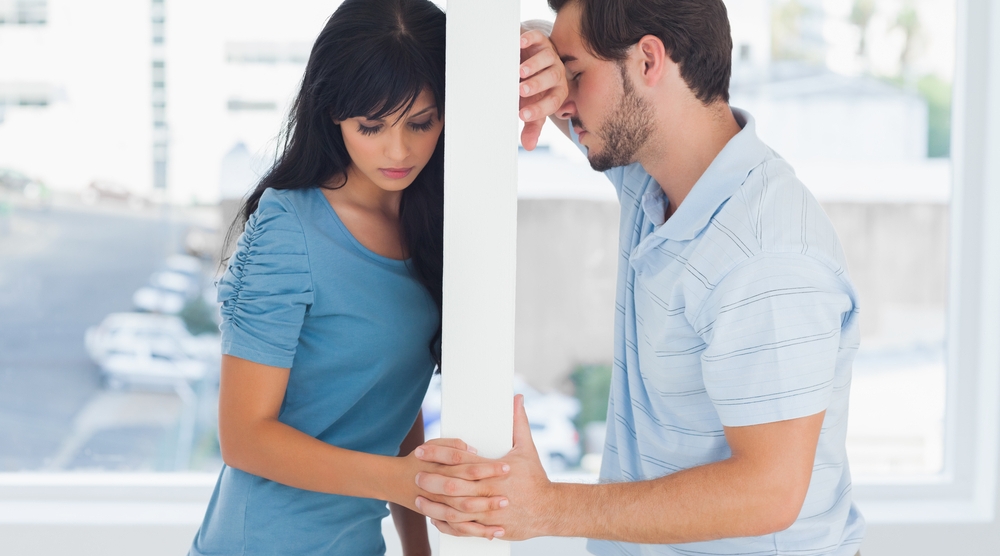Throughout my years as a counselor, I have worked with so many individuals struggling with depression and I must tell you, I know how debilitating it can be.
According to research, in any given year about 18.8 million adults are affected by depression, and this is just in the United States alone. Because of this singular fact, it is ideal to say nearly everyone at some point in their life will be affected by depression disorder, either their own or someone else's, this could be their spouse, parent, child, sibling or even friend.
It is important to note that statistics also states that only 20% of those who experience depression disorder will receive an appropriate treatment plan. This is mostly because a good number of depressed individuals are too embarrassed to seek help and as such, they suffer in silence for years.
The effects of depression, however, can negatively impact every aspect of a person's life, this could be marital life, work, and even friendships. Speaking of marital life; the burden of living with a depressed partner can take a heavy toll on the quality of marriage. This means that untreated depression is a great threat to a marriage.
Recent research pointed out that when one spouse suffers from depressive disorder, there's an increased likelihood that both spouses will end up having an unhappy marital life. What this means is that mental health and unhappy marriages are somehow connected - which in turn indicates that the harmful effects of depressive disorder are not limited to the depressed spouse alone but as a matter of fact, affects the partner over time.
Here's what happens
The depressed spouse will experience less happiness and no contentment in the marriage. While the partner, on the other hand, will struggle with handling the sudden change of events, increased isolation, prevalent negativity in the relationship, loss of emotional and sexual intimacy and social withdrawal of the depressed spouse.
When a spouse in a relationship is depressed, the depression affects many things around them. The depressed spouse starts seeing the world through a darkened lens that limits their perspective. All negative events are interpreted even more negatively; neutral happenings are also interpreted negatively, while the positive ones are simply overlooked.
With ALL these happening, the feelings of love and sexual desire may become dulled or entirely absent. One of the biggest dangers when this happens is that the depressed spouse may erroneously conclude that this means he or she has fallen out of love with their partner.
This misunderstanding continues to grow, followed by lots of blames and shame which can result in additional problems. Now, if a spouse doesn't understand that his or her partner is depressed and not just lazy or uncooperative, he or she may blame the partner for things she can't help at the time. This stirs up more feelings of anger and resentment for the spouse.
In most cases, the depressed partner may be ashamed to admit that he or she cannot handle the depression disorder alone and as such refuse to see a therapist for depression treatment. This feeling of shame is basically based on the general view of what depression is. They sometimes feel that they should be able to simply 'snap out of it' at will.
They cannot be further from the truth. In fact, according to a particular study, over 54% of people surveyed assumed that depression is a personal weakness. But the fact is, depression has nothing to do with personal weakness or character.
A depressive disorder is an illness and not just a case of the "blues" that a person can "get over." It is a debilitating syndrome that robs people of their concentration, memory, energy, restorative sleep, their ability to love and work and play.
Now, what is life without these - depression is easily misunderstood and should be taken seriously especially in a relationship.
Instead of concluding that your partner has fallen out of love with you, it is important that you to put depression into consideration as it could be the cause of the despair. It is also vital for both spouses to have a thorough understanding of what depressive disorder is, what it isn't, and what treatment options are recommended.
All these must be recognized and treated before marital problems can be effectively treated. This simply means that the depressed spouse needs to see a therapist or a good mental health professional for depression assessment and treatment recommendations.
In cases where the depressed spouse refuses to seek help, what should the partner do?
I tend to get this question quite a bit, and although no one answer fits all situations, but start with educating your spouse about depression and show empathy instead of judgment or criticism for their symptoms. It is important to get the depressed partner to a therapist or mental health professional, and it can only be done with encouragement and support. Ask when is convenient for him or her, and even help them with scheduling an initial evaluation or an appointment. If this fails, then encourage your partner to speak with their medical physician. Sometimes involvement of other family members like the parent or a sibling or a close friend can help but be careful about not violating boundaries if your spouse do not have a good relationship with their biological family. The goal is to encourage him or her to take action and seek treatment, not shame or cause your partner to shut down. Another great alternative here is a close friend or a minister as these two can also help encourage the depressed individual to consult with a therapist. Some resistance is natural in the beginning stages, however, I have seen individuals open up and make tremendous progress once engaged in the treatment.
For more information or to schedule an appointment, visit our Depression Counseling page or call 919-647-4600.



